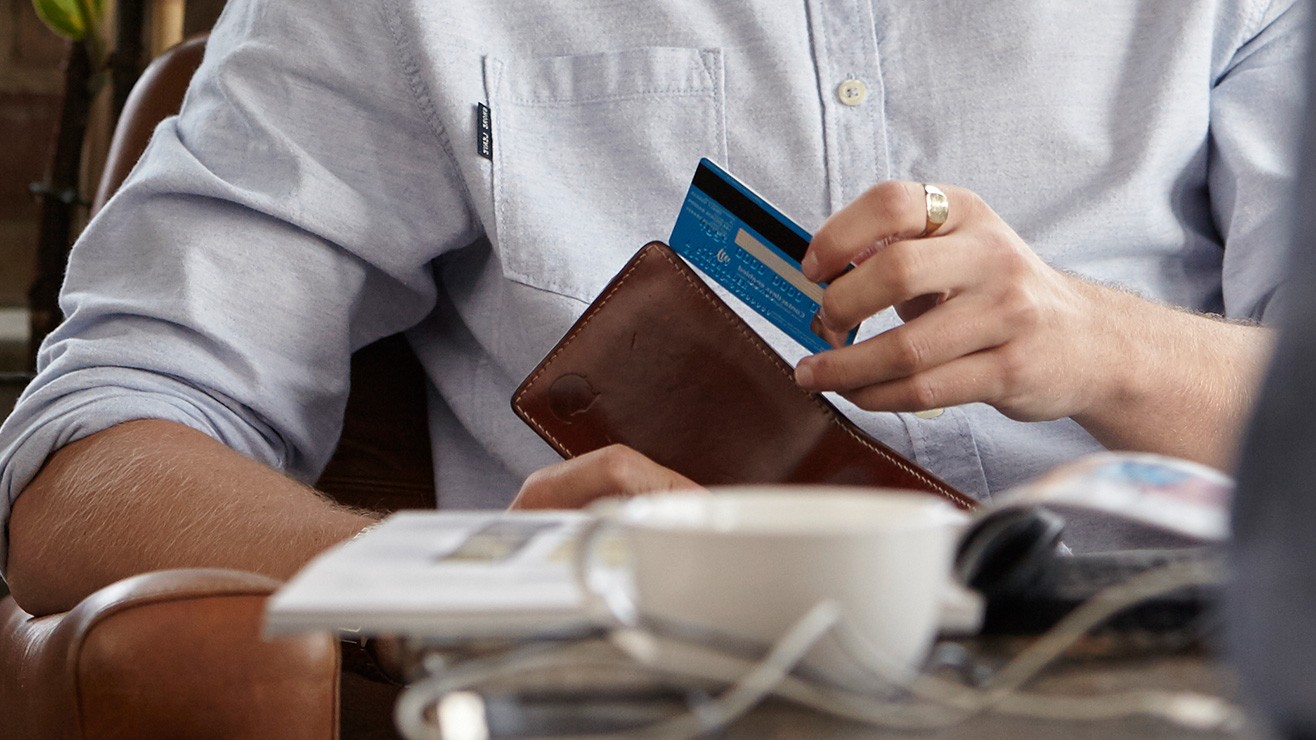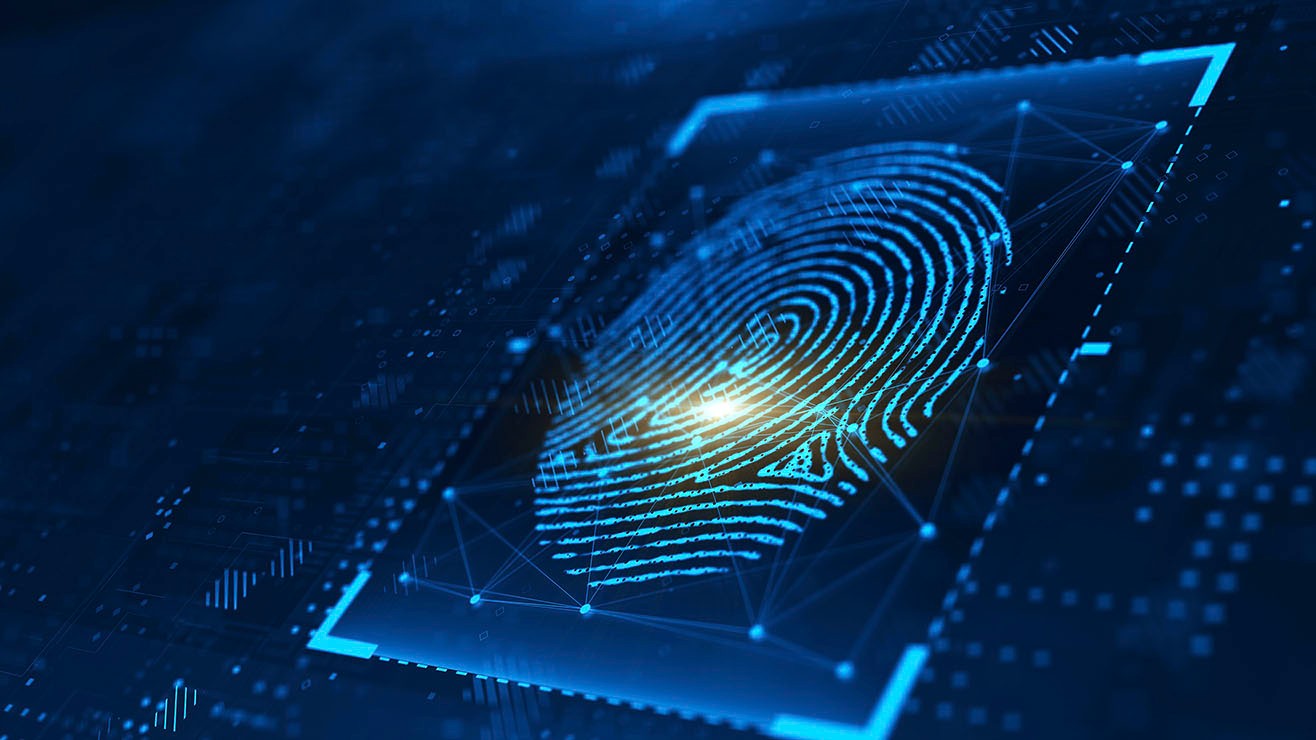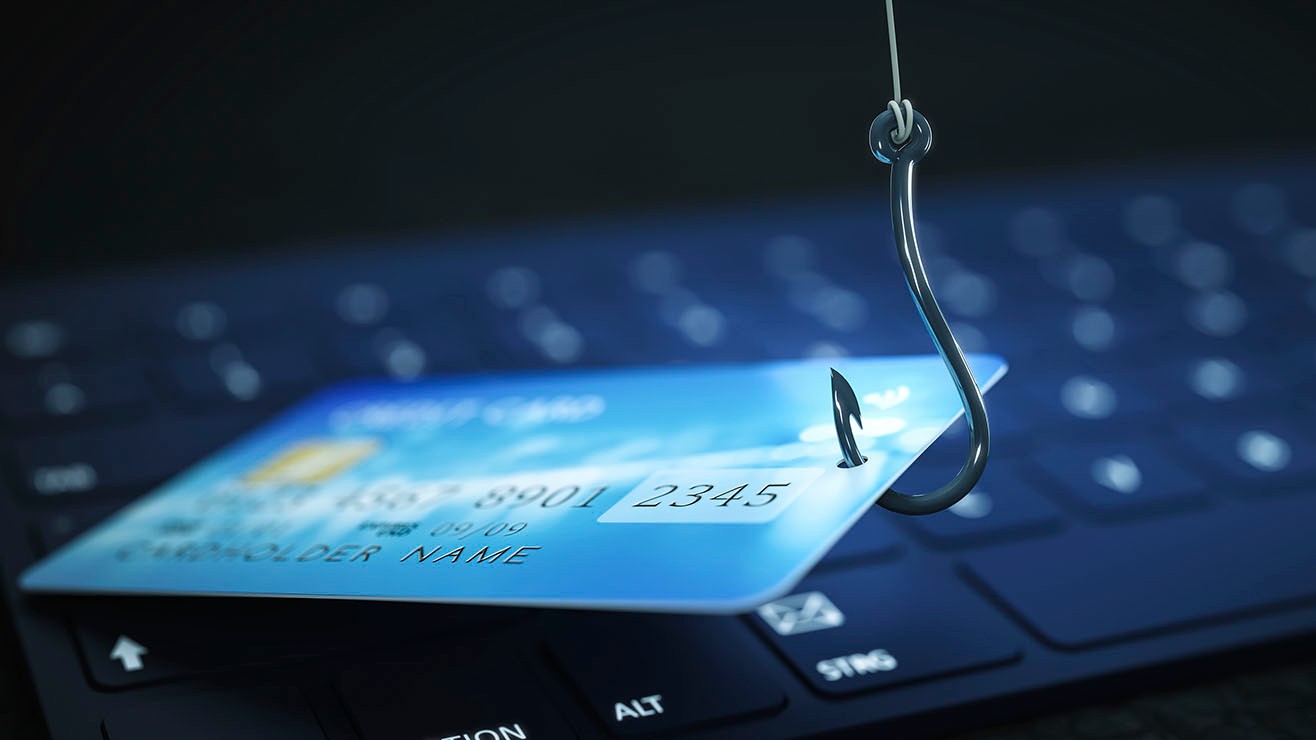
Mobile malware
Criminals use harmful software to control and spy on your device. They sneak it into apps and updates, so you install it without realising. Harmful apps often request access to your device's accessibility services. This lets them control your device settings, record log-in details and personal information, and set up remote access to your apps.
How it could happen to you
- You install an app you’ve found in a genuine app store, social media post, email or text message. You give it all the permissions it asks for. It works normally, then weeks or months later it sneaks malware onto your device in an update
- Once the malware has installed itself, it steals your banking app log-in details and sends them to criminals. They wait until you’re likely to be away from your device, then log in remotely and steal your money.
How to protect yourself
- Be suspicious if an app asks for accessibility permissions
- Don’t rely on positive reviews or the number of downloads to help you decide if an app is genuine, as criminals can fake these
- Always install the latest security updates for your device
- If a text or email has a link to an app you don’t recognise, don't download it
- Use two-factor authentication to keep important apps safe
- Install anti-virus software on all devices. Research what's available before choosing one
- If your device is acting strangely, like freezing or restarting, check your bank account and follow the advice on gov.uk on how to recover an infected device.

Card fraud
A fraudster gets access to your personal information or steals your credit or debit card details. This lets them spend with your card.

Identity fraud
Fraudsters steal personal information about you to impersonate you. They then take out loans and credit cards in your name, or withdraw cash from your bank account.

Cash machine fraud
Fraudsters continue to find new ways to pull off this con, but the outcome is still the same – distracted at an ATM, you lose sight of your card and your bank account is emptied before you realise.

Phishing, smishing and vishing
You get an email, text message or call claiming to be from a company or organisation you trust, like your bank or the police.

Remote access fraud
Someone calls claiming to be from an organisation you trust. They say there's a problem with your computer or bank account and offer to take remote control of your computer to help fix it.

Return to fraud and scams homepage
Have you educated yourself enough on the different types of fraud? Head back to the homepage.


